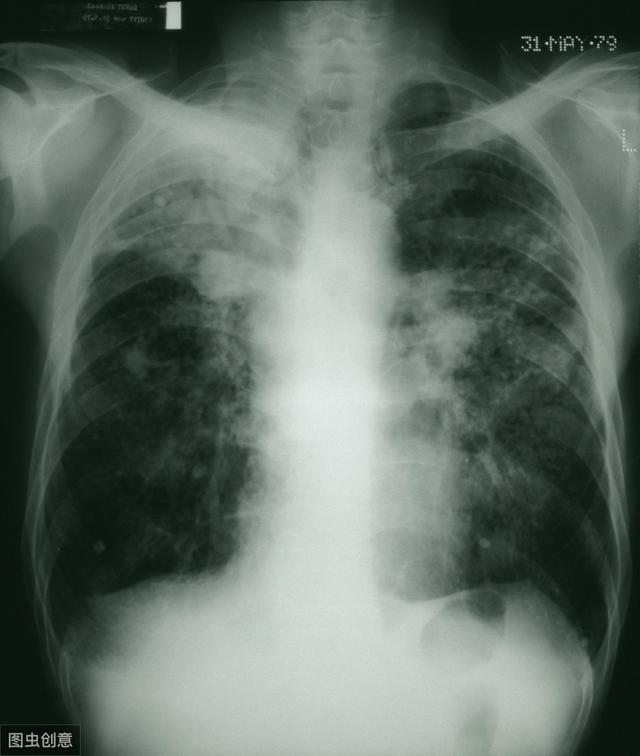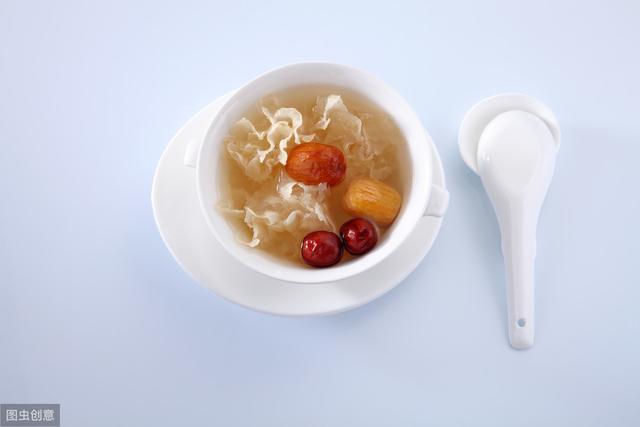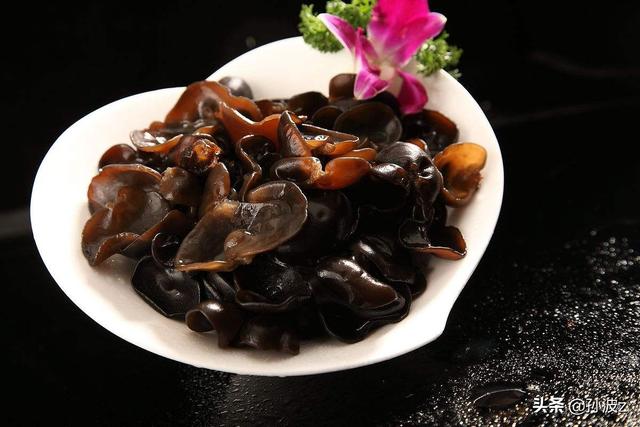What supplements do people who work in dusty environments buy to protect their lungs?
Generally working in dusty environments, labor intensity is also relatively high, the diet, high protein and high carbon water is rare, but also need to supplement a large number of vegetables and the right amount of fruit.
At the same time, the staff direct contact with the environment is the respiratory system, it is more important to strengthen the respiratory system of the immune system, for example, vitamin A, can maintain epithelial tissues, maintenance of the respiratory tract of the immune system, vitamin C can remove free radicals, zinc can maintain the differentiation of the cells and so on, the diet outside the need to strengthen the integrated class of nutrients, to maintain their own immunity to prevent too much dust invasion into the body, at the same time, the need to replenish the water! At the same time, the need to hydrate, water can also be eliminated from the body of waste, pay attention to rest and lifestyle habits.
Working in a dusty environment has a great impact on the respiratory tract and the lungs, and it causes the most serious consequences for the human body is "pneumoconiosis", in short, it is the dust deposited in the lungs, which will lead to diffuse fibrosis of the lung tissues, the formation of nodules, scarring, and the most serious one is to lead to respiratory failure or induced lung cancer.
Pneumoconiosis is defined as an occupational disease by the state, because in some coal mines, the dust in the coal mining area, without effective protection in the early stage, will lead to a large amount of dust being inhaled, resulting in this disease. Some years ago, several doctors in Guizhou diagnosed pneumoconiosis, as "occupational disease doctors suspected of criminal offense due to diagnosis" incident, which caused great repercussions in the society at that time.
Pneumoconiosis can seriously affect the patient's life. Due to the fibrosis of the lung tissue, the patient will experience progressive worsening of dyspnea and finally respiratory failure. The scary thing is that there is no specific medicine for the fibrosis of lung tissue, which is the most frightening part of this disease.
So far, lung replacement may be an effective solution, but the people who can suffer from this disease, their financial situation can be imagined. How can someone who can work in a dusty, unprotected small coal kiln have the money to take hundreds of thousands of dollars for an organ transplant. Not to mention the subsequent tens of thousands of dollars a year for anti-rejection drugs.
Some other causes of pneumoconiosis are inhalation of dust, such as sanitation workers, mushroom breeders who inhale large amounts of plant dust containing fungal spores, inhalation of asbestos, silica and other inorganic substances in chemical plants, stone factories, etc., inhalation of fine fibers in textile factories, and inhalation of dust by traffic policemen on duty on the roads, and so on.
Therefore, good protection is the best preventive measure for people working in dusty environment. Working in a dusty environment, changing the dusty environment is fundamental. According to the three-level prevention strategy of pneumoconiosis, it is necessary to do wet work as much as possible, reduce the dust in the wind, actively carry out technological reforms and technological innovations, strengthen the individual protection, and do a good job in the training of safety and health education and knowledge.
It is vital to wear good masks, protective face shields, etc. Health supplements are not recommended, and dietary treatments can still reduce the dangers of dust.
Foods rich in soluble fiber:Foods rich in soluble fiber are fungus, silver fungus, celery, onions, etc. They can effectively adsorb harmful toxic substances in the gastrointestinal tract and accelerate the elimination of dust to reduce the possibility of staying in the gastrointestinal tract, absorption.
Foods rich in chlorophyll:Dark green leafy vegetables are rich in chlorophyll, which reduces the impact of pollutants on the human body and serves to purify the blood. Recommended to eat more spinach, leeks, kale, broccoli and so on.
Foods rich in vitamin A:Vitamin A can enhance the resistance and repair ability of respiratory epithelial tissues, and can stop the invasion of particulate dust. Recommended foods include pumpkin, oranges, carrots and sweet potatoes.
In summary: dust can cause significant damage to the human respiratory tract, and in severe cases can lead to pulmonary fibrosis, pneumoconiosis, resulting in respiratory failure, and even lung cancer. It is vital to do a good job of protection, try to wet work, wear masks, protective masks, etc. Dietary therapy can reduce the harm of dust, such as fiber-rich foods, foods rich in chlorophyll and vitamin A have a better protective effect on the respiratory tract and lungs.
I'm Dr. Sun, pay attention to Dr. Sun talk about sugar, continue to learn more quality health knowledge, help please like, have questions please leave a message, will reply!
No healthcare product works in dusty environments except for gas masks
Buy lung-clearing class health care products, usually eat more raw fungus, raw fungus clear lungs Oh!
Dust masks, dust protective clothing
I think that any current national science-based research can be
Being protected is more important than treating for relief after the fact!
Eat more fungus
Social rumors, eat fungus, pig's blood, pears, etc., can clear the dust in the lungs, medical science has long been proved that the above therapeutic approach is ineffective, is the theory of traditional Chinese medicine, some of the food has a role in the lungs of the misinterpretation of the role of the lungs. Chinese medicine so-called clear lungs, refers to clear cough phlegm, dust once inhaled into the lungs, part of the alveoli infringement, most of them become mud. We eat food through the digestive system for digestion and absorption, and respirable fine particulate matter is through the nasal cavity into the respiratory tract and respiratory system, the two do not have any intersection, to look forward to eating to the respiratory tract in the harmful substances "clean out" is certainly not possible.
Working in dusty environments, good respiratory protection is recommended for your health. Choose a dust mask scientifically and select a good mask that provides good protection, breathes well and is economical to use. It helps to prevent lung injuries from occurring.
The way to clear dust: masks must now implement the GB2626-2006 standard. Dust masks are categorized into three grades: KN100, KN95 and KN90. Among them, KN100 can achieve nearly 100% (more than 99.97%) protection effect for ultra-fine dust. For large particles, you can choose KN95 grade.
This question and answer are from the site users, does not represent the position of the site, such as infringement, please contact the administrator to delete.